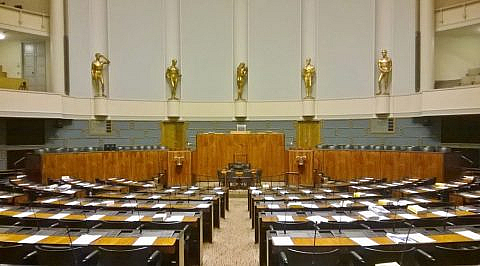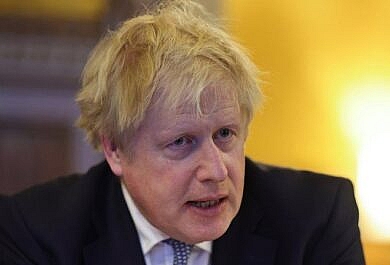The Dutch government collapsed on Friday after a disagreement over immigration parties shattered the country’s ruling center-right coalition.
Summary
The Dutch government collapsed on Friday after a disagreement over immigration parties shattered the country’s ruling center-right coalition.
- Prime Minister Mark Rutte, one of Europe’s longest-serving current heads of government, handed in his resignation to King Willem-Alexander on Saturday.
- Rutte will continue to serve as a caretaker prime minister until elections are held in mid-November. The prime minister has governed the Netherlands since 2010 at the head of four different coalitions and is the longest-serving prime minister in the history of the Netherlands.
- Rutte’s conservative People’s Party for Freedom and Democracy (VVD) has pushed to limit the flow of migrants and asylum seekers into the Netherlands for some time.
- Their plan was opposed by two junior coalition partners, the Christian Union and socially liberal D66.
- The dispute ultimately proved, in Rutte’s words, “irreconcilable” and “insurmountable.” Rutte hoped to further curtail asylum applications after they jumped by a third last year to over 46,000, with fears that applications could surge to more than 70,000 in 2023 – the most ever.
![]()
- The New York Times noted, “Migration has proved an intractable issue among many European voters and political parties, fueling the popularity of nationalistic and right-wing parties around the continent, and leading to sharp criticism from rights activists over how governments have treated migrants.”
- Vox contextualized, “Despite the increase in irregular migration over the past three years, there’s no comparison between current migration trends and those of 2015 and 2016. At that point, millions of people fled the Syrian civil war and the barbaric violence of the Islamic State and came to settle in EU nations. In 2015, a record 1.3 million people requested asylum in Europe — about double the previous record set after the fall of the Soviet Union, according to Pew Research.”
- Rutte’s caretaker government cannot implement new policy, although this will not affect the country’s support for Ukraine, the Guardian observed. “However, there will be no speedy resolution to the lack of government. Elections are expected in November with another formation period ahead in the fragmented, multiparty system.”
![]()
- “Record immigration to affluent countries is sparking bigger backlashes across the world, boosting populist parties and putting pressure on governments to tighten policies to stem the migration wave,” the Wall Street Journal noted. “The influx since the end of the pandemic is altering societies, with many people blaming immigrants for increases in crime and higher housing costs.”
- The New York Post elaborated on the details of the VVD’s proposal: “The coalition considered creating two classes of asylum — a temporary one for people fleeing conflicts and a permanent one for people trying to escape persecution — and capping the number of family members allowed to join asylum-seekers in the Netherlands.”
- Breitbart observed that the snap election will come after “the stunning regional elections that saw the insurgent populist Farmer-Citizen Movement (BBB) become the largest party in the Senate and throughout regional governments earlier this year.” BBB could be poised for massive gains in the fall, which would take Dutch politics into uncharted waters.
© Dominic Moore, 2023






